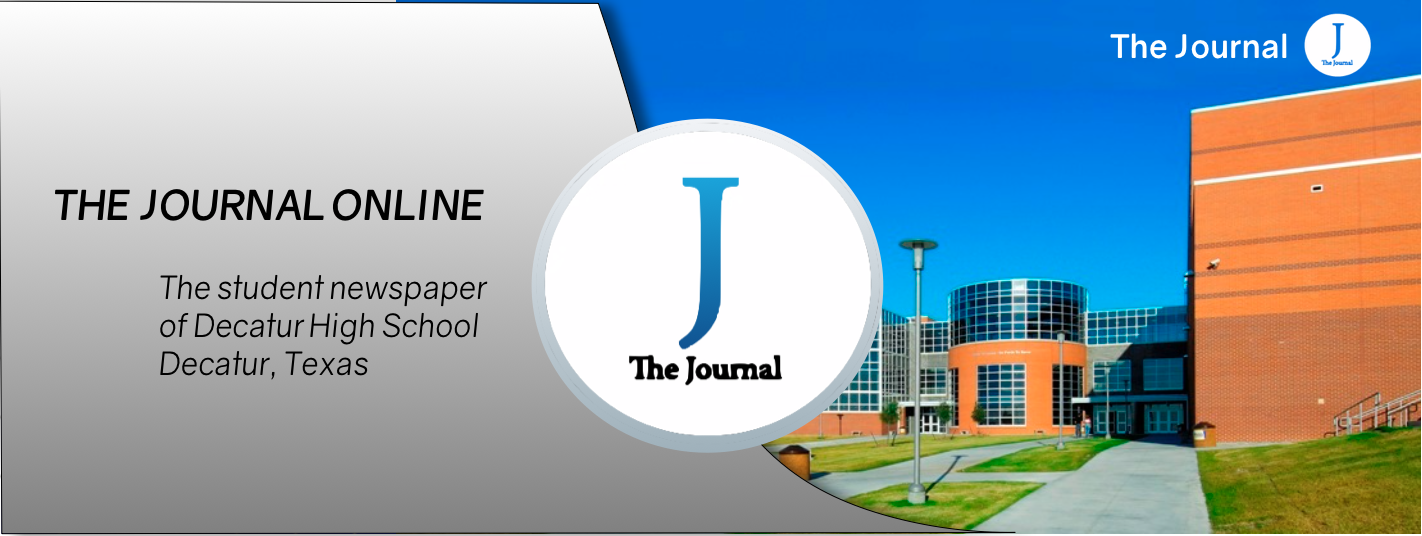New Push for Free College
Future undergraduates exemplify the need for fully-funded tuition
October 18, 2019
The old notion that all public universities need to accept students free of tuition remains popular in American society, yet there lacks a real push by lawmakers and politicians, until now. Historically speaking, people began the push for free public education since the establishment of the United States, but there lacks an effort by the government simply because of the fear of socialization between the governmental system and the people that belong to that system.
This fear of a lack of economic autonomy remains true in all aspects of American life, yet the benefits of a free university system outweigh the fear this creates. Tuition costs reach drastic heights, and it often leaves students in doubt and feeling hopeless, which needs to change.
Many other nations on the same developmental level as the United States, like Canada and France, offer affordable public university systems. So why our government refuses to offer it here becomes the driving question. The way in which society grows and evolves makes it imperative for young high school students to feel the pressure of obtaining a higher education degree. Many people feel as if getting any stable job without a college degree remains impossible and the prestige a bachelor’s degree once held holds less value, causing many more people to go on to get their master’s. However, with this acquirement of a master’s degree comes a great amassed debt that take even more years to pay off than it took to obtain a degree in the first place.
In order to curb this growing student debt that many face throughout life, the need grows for more options for citizens of the United States to easily obtain a bachelor’s degree. With a free public university system, a fear of how the country will pay for the system comes into play. Many politicians, like Bernie Sanders, propose that the country set a Robin Hood-like tax on the wealthy, which only affects a small percentage of the population. A tax placed on all citizens is another option, but what if students never pay for college, what sense or feeling of reward do they obtain?
While many solutions remain to curb debt due to higher education, the simple notion that something needs to change persists. Some public universities already give out free tuition to disadvantaged students, like the University of Texas’ Texas Advance Commitment that will fully fund students’ tuition whose guardians make under $65,000 annually or partially funds students’ tuition whose guardians make between the previous amount and $125,000 annually starting in 2020. Programs like these need to emerge in order to aid students who meet all requirements to attend college, but feel unable to due to financial disadvantage.




